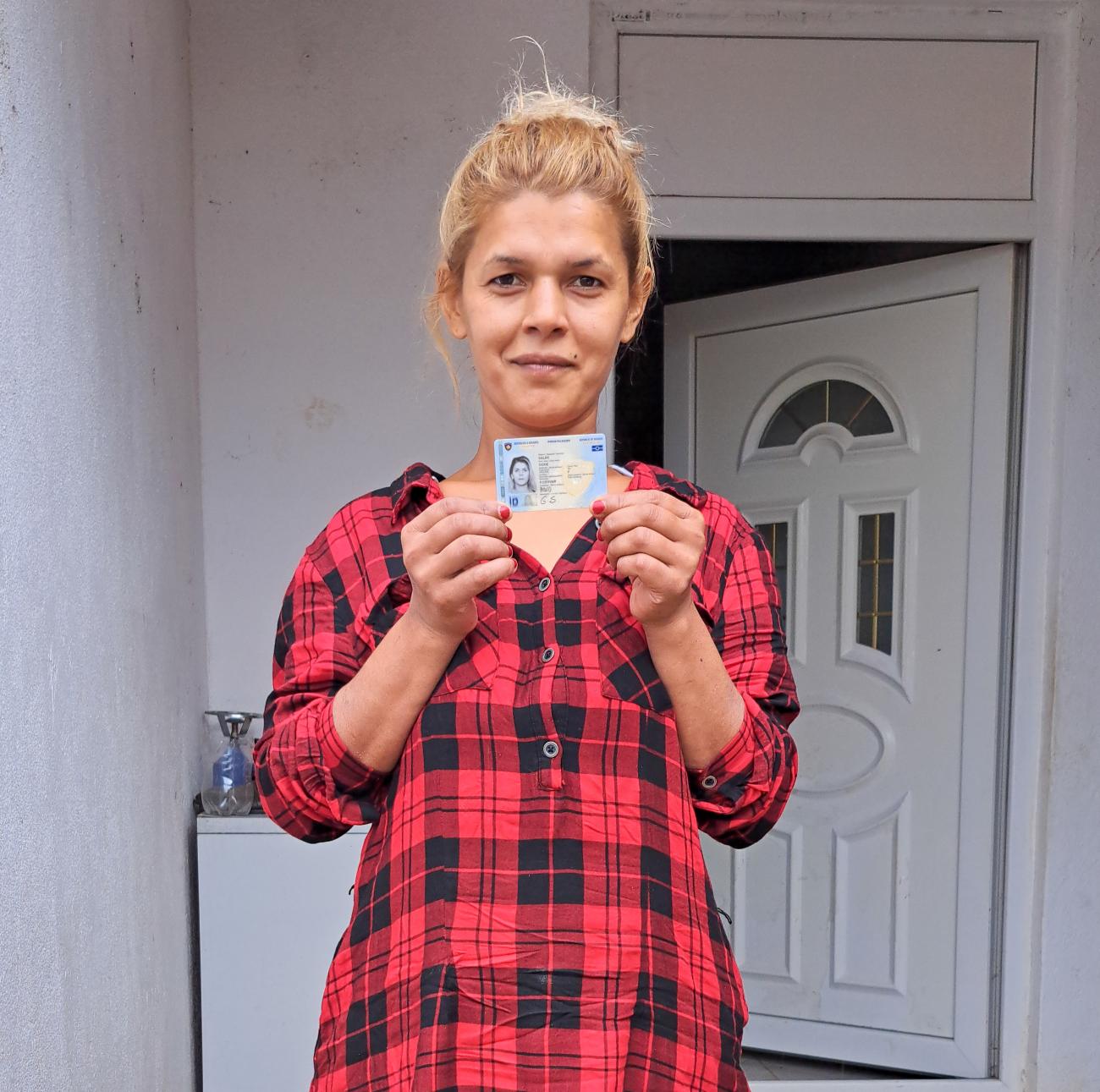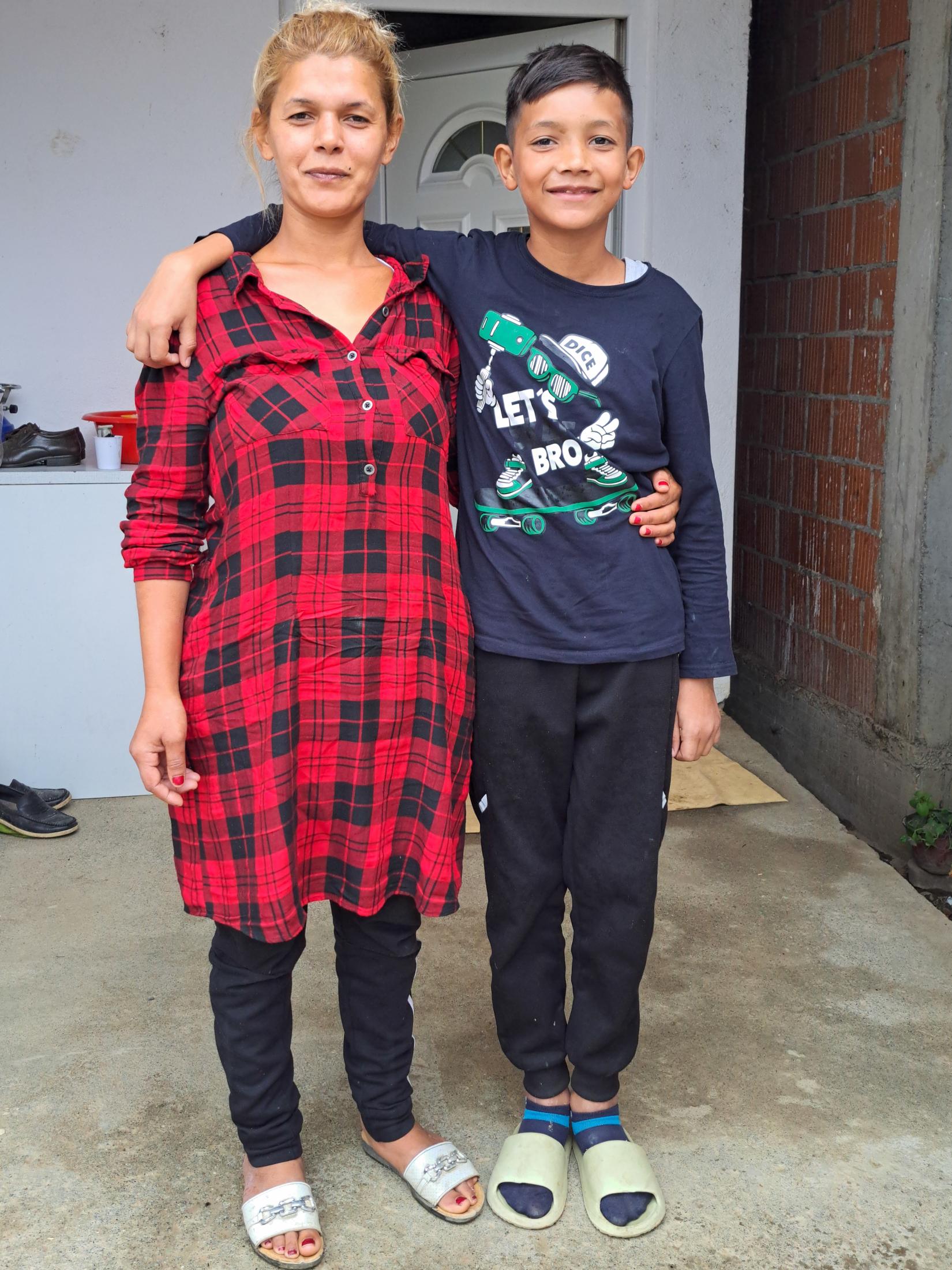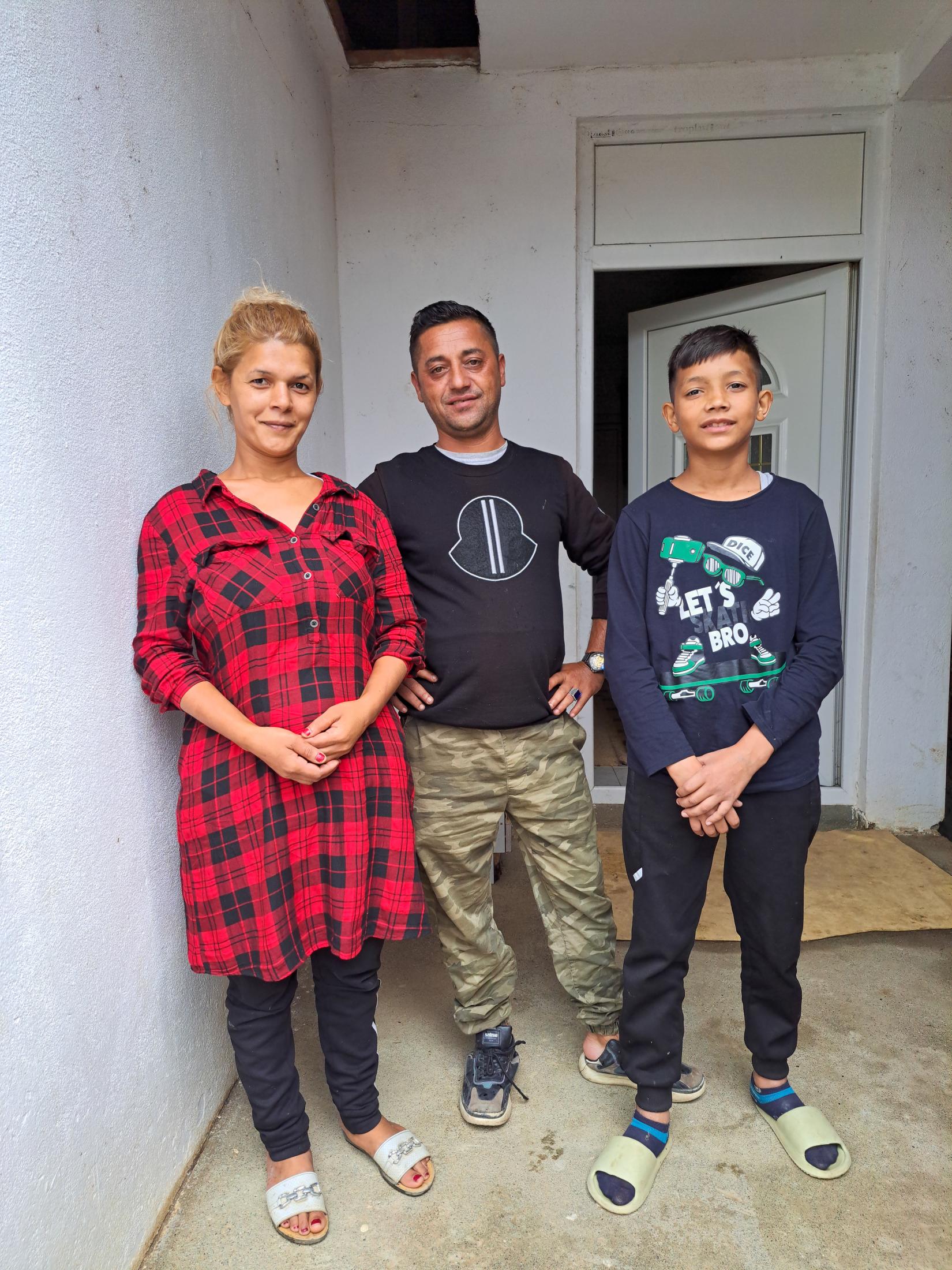"Without Identity Document, everything was so difficult."

This is how Gone Salihi, once at risk of statelessness, begins her story.
Gone was just three years old when her family fled their village from the conflict and sought safety in Montenegro. Though Gone barely remembers her native home or her family's hardships during the conflict, those circumstances would shape her future in ways she couldn’t imagine.
Without documentation, her access to basic rights was denied, leaving her in legal limbo. She recalls her childhood vividly: "I remember being told that we have lived in a small barrack with thirteen other family members. Conditions were tough, but we had each other for support."
In 2013, UNHCR facilitated Gona's voluntary return to Kosovo. Her challenges grew in the absence of personal documentation. Building a life for herself and her family became increasingly difficult without a legal identity.
"Reaching the age of 26 years old without a legal identity was overwhelming," Gone says. "My civil status situation was so complex that finding a solution on my own seemed impossible."
During the outreach sessions with returnees desperate for help, Gone and her husband came forward to UNHCR and its implementing partner, the Civil Rights Programme-Kosovo. The organization took on her request, working tirelessly to gather evidence to establish her legal status. It was a four-year’s journey.
"It’s not unusual for cases like this to feel like piecing together a puzzle," explains Milanka, a Durable Solutions Associate at UNHCR. "We work closely with partners, authorities, and other stakeholders to ensure every process step is thorough and inclusive."
The coordinated support of the Municipal Civil Status Office in place of the birth and the Civil Registration Agency was splendid in equipping Gone with civil status documents. The moment she received the birth extract her face was surprised with unbelief that she was finally registered and equipped with the documents. Her eyes were full of tears.
Gone turned and asked UNHCR and MCSO officials, “Is this real, …am I really registered now?”
The effort paid off. By 2023, Gone’s registration in the civil registry was finalized. Soon after, her son’s legal status was established, as well, enabling him to continue his education.

"I am so thankful for the help I received from UNHCR," says Gone, her face lighting up with a smile. "Now, everything feels easy—like a dream come true. My son can go to school and enjoy his childhood and opportunities to come… maybe he will become a doctor one day."
Gone’s story is just one example of the thousands of lives transformed by the UNHCR’s #IBelong campaign, which concluded successfully in 2024 and helped countless individuals gain legal identity.
As Merita, a UNHCR Protection Officer, explains, "We have achieved so much through partnerships and collaboration. Together with authorities and partners, we’ve helped more than 29,000 people obtain legal status since 2006. We are moving into a new phase with the Global Alliance, focusing on more sustainable and efficient solutions to ensure no one is left behind."

Gone’s journey from statelessness to legal safety is a testament to the power of persistence, collaboration, and hope. It reminds us that something as simple as a birth certificate or an ID card is far more than just a document—it’s the foundation of a life with dignity, opportunity, and dreams fulfilled.











